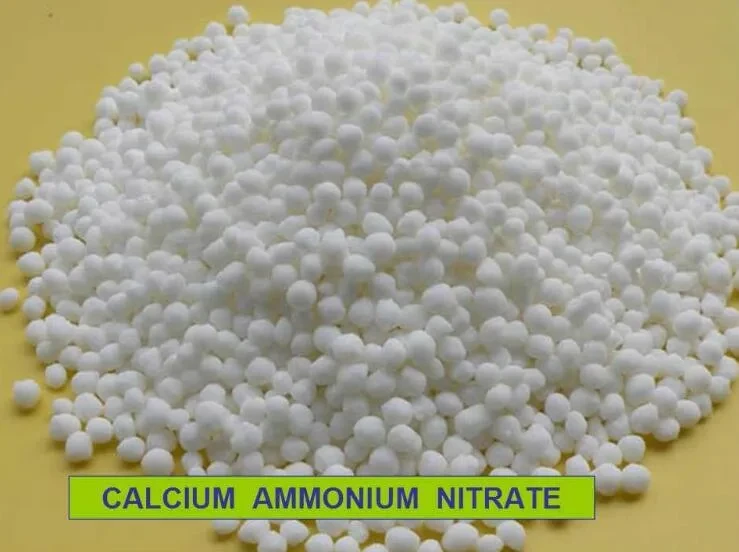



Exploring the Benefits of Calcium Ammonium Nitrate for Enhanced Plant Growth and Soil Health
Calcium Ammonium Nitrate 27-0-0 A Key Component in Modern Agriculture
In the ever-evolving world of agriculture, the importance of fertilizers cannot be overstated. Among the various options available to farmers, Calcium Ammonium Nitrate (CAN) has emerged as a vital ingredient in enhancing crop yield and improving soil health. Specifically, the formulation labeled as 27-0-0 is noteworthy as it contains 27% nitrogen, which is crucial for plant growth, while also providing calcium for optimal soil structure.
What is Calcium Ammonium Nitrate (CAN)?
Calcium Ammonium Nitrate is a granular fertilizer composed of calcium, ammonium, and nitrate ions. The 27-0-0 formulation indicates that it contains 27% nitrogen, with no phosphorus (0), and no potassium (0). This distinctive nutrient profile makes it particularly appealing for crops that require substantial nitrogen for growth but have lesser demands for phosphorus and potassium at certain growth stages.
The Role of Nitrogen in Agriculture
Nitrogen is a fundamental element for all living organisms and one of the key building blocks of plant proteins, amino acids, and chlorophyll. In crops, nitrogen is vital for vegetative growth, affecting leaf development and overall biomass. When applied judiciously, CAN can significantly boost nitrogen availability in the soil, leading to increased vegetative growth, enhanced productivity, and improved crop quality.
The Importance of Calcium
Calcium is another crucial component in the CAN formulation. It plays several roles in plant health, including
1. Cell Wall Structure Calcium is essential for the structural integrity of plant cells. It aids in the formation of cell walls, making them more robust and resistant to diseases.
2. Root Development Adequate calcium levels promote healthy root growth. Strong root systems ensure better water and nutrient uptake, helping plants withstand adverse conditions like drought.
3. Mitigating Soil Acidity Calcium helps neutralize acidic soils, enhancing nutrient availability and improving overall soil health.
calcium ammonium nitrate 27 0 0

4. Enhancing Stress Resilience Calcium has been shown to improve plants' resistance to environmental stressors, including drought and salinity.
Application of Calcium Ammonium Nitrate
The application of CAN can be done through various methods such as broadcasting, banding, or foliar spray. Farmers often apply Calcium Ammonium Nitrate in split applications to optimize nutrient uptake and reduce leaching. This method helps maintain adequate nitrogen levels in the soil throughout the growing season, aligning fertilizer application with critical growth phases.
Environmental Concerns and Best Practices
While Calcium Ammonium Nitrate has numerous benefits, it is essential to use it responsibly. Improper application can lead to nitrogen leaching into water bodies, contributing to issues like eutrophication. To mitigate potential environmental impacts, farmers are encouraged to adopt best practices, such as
- Soil Testing Regular testing can help determine existing nutrient levels, guiding tailored application rates of fertilizers.
- Integrated Nutrient Management Combining CAN with organic amendments can enhance soil fertility while minimizing environmental risks.
- Precision Agriculture Utilizing technology to monitor crop needs can lead to more efficient fertilizer use, reducing waste and environmental harm.
Conclusion
Calcium Ammonium Nitrate 27-0-0 stands out as a modern agricultural input that not only supports vigorous plant growth but also contributes to sustainable farming practices. As the demand for food increases globally, understanding and effectively managing fertilizers like CAN will be crucial for meeting these demands while safeguarding the environment. With responsible practices, farmers can maximize their yields, improve soil health, and contribute to a more sustainable agricultural future. Through ongoing research and innovation, the agricultural community can ensure that fertilizers like Calcium Ammonium Nitrate continue to play a pivotal role in feeding the world.
-
Why Sodium Persulfate Is Everywhere NowNewsJul.07,2025
-
Why Polyacrylamide Is in High DemandNewsJul.07,2025
-
Understanding Paint Chemicals and Their ApplicationsNewsJul.07,2025
-
Smart Use Of Mining ChemicalsNewsJul.07,2025
-
Practical Uses of Potassium MonopersulfateNewsJul.07,2025
-
Agrochemicals In Real FarmingNewsJul.07,2025
-
Sodium Chlorite Hot UsesNewsJul.01,2025










